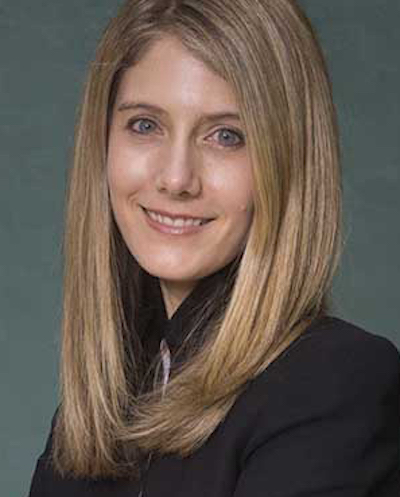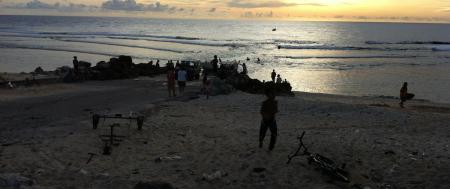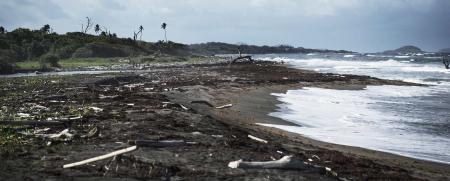Jane McAdam

Jane McAdam is Scientia Professor of Law and Director of the Kaldor Centre for International Refugee Law at UNSW Sydney. She is a Fellow of the Academy of the Social Sciences in Australia and a Fellow of the Australian Academy of Law. She publishes widely in international refugee law and forced migration, with a particular focus on climate change, disasters and displacement. She is Editor-in-Chief of the leading journal in her field, the International Journal of Refugee Law. Jane has held visiting professorships at Harvard Law School and NYU, and is a Research Associate at Oxford University’s Refugee Studies Centre, an Associated Senior Fellow at the Fridtjof Nansen Institute in Norway, and a Senior Research Associate of the Refugee Law Initiative, London. In 2017, she was awarded the Calouste Gulbenkian Prize for Human Rights, becoming the first Australian recipient of the award.





